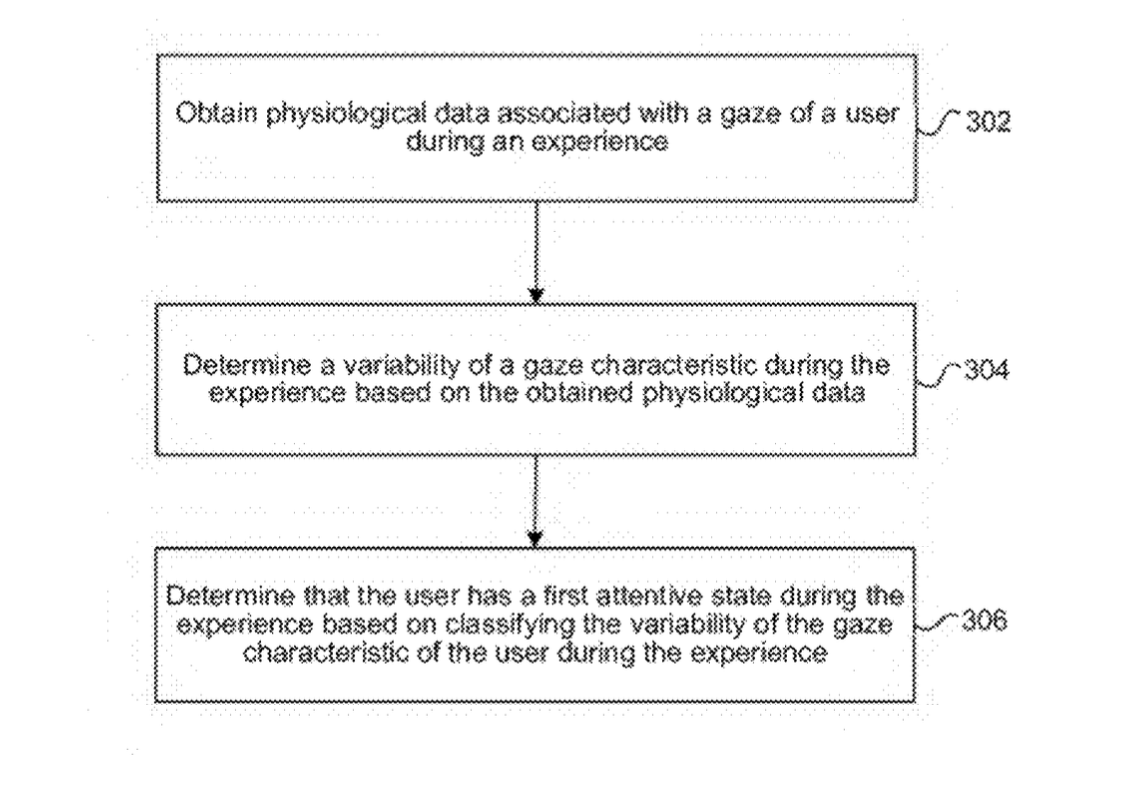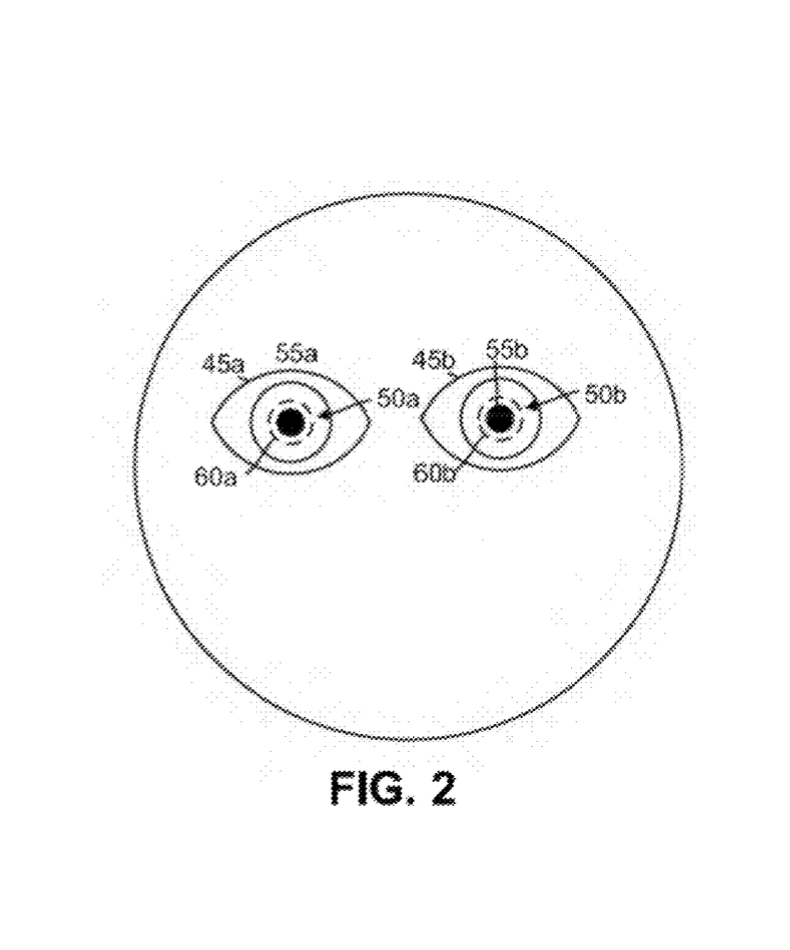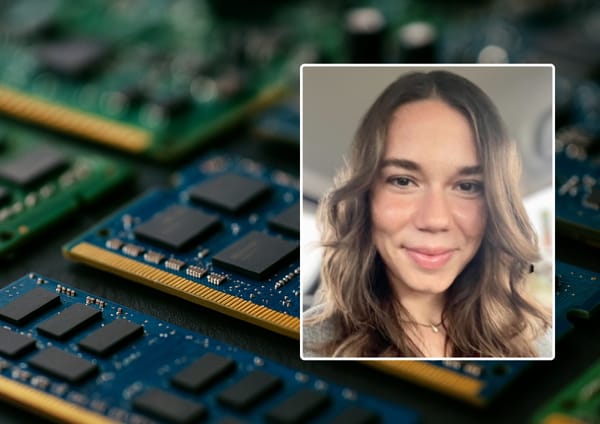Apple patents sinister worker monitoring technology that can expose daydreamers
"Eye gaze-based biofeedback" system provides a grim glimpse of tomorrow's dystopian working environments.

Apple has been granted a patent for a new surveillance system capable of identifying when workers are not paying attention so bosses can whip them into shape.
The creepy "eye-gaze-based biofeedback" system monitors human eye movements to determine their "attentive state".
In the patent filing for tech that we're calling the iEye, Apple tries to spin this innovation positively, saying that creators can use it to help people meditate, learn a new skill or work out when viewers' attention starts to wane, so they can improve the content and offer a better experience.
But perhaps unsurprisingly, the truth about what this technology is likely to be used for is gently hinted at later in the patent.
"Other examples of experiences other than a meditation experience can utilise the techniques described herein regarding attention states," Apple wrote.
"For example, an education experience could notify a student to stay on track when he or she appears to be mind wandering. Another example may be a workplace experience of notifying a worker who needs to be focused on his or her current task at hand."
States of attentiveness

The system can serve many reasonable use cases, such as determining whether the surgeons or truck drivers are getting tired and need a break.
However, the unspoken implication is that workers can be monitored at all times by micromanaging bosses.
The attention monitoring device obtains physiological data, such as the size of someone's pupils, to gauge their attentive state. For instance, if someone's pupil is seen expanding during moments of concentration, the system will know to look out for that in future.
Other obvious signs of inattention could include looking away from their device, perhaps to stare out of a window and dream of a bygone era when computers didn't monitor their eyeballs.
Users can opt to receive a notification when their attention starts to wander, reminding them to focus on the task at hand. Presumably, their bosses will be able to do the same - although the patent does not set out details of this capability.
Apple's monitoring system works with multiple devices, ranging from smartphones or tablets to the sort of headsets that tech giants keep on trying to sell us, but which no one seems to really want.
Apple’s own "ludicrously expensive" $3,499 Vision Pro saw disappointing sales, leading Apple to scale back production. Customers reported issues like discomfort and a lack of compelling daily use cases.
Now imagine how many units a headset might sell if this eye monitoring tech is rolled out and consumers realise wearable devices can be used to peer right into the window of their soul.
Not the nicest Christmas present, we're sure you'll agree.
Big boss is watching you

Thoughtful readers will also note that sinister and invasive technologies are often spun in a positive way. Surveillance is often sold as safety, for instance.
Although Apple claims it wants to help us meditate, the reality is that bosses will use this sort of technology to spy on their workers and punish people who dare to let their attention drift.
And are we really happy with the thought that content creators (and the advertisers who pay them) can monitor our behaviour through the cameras on our devices?
At the risk of compromising journalistic neutrality, our answer is: no, absolutely not.
Apple should stay out of our eyeballs. Workers and consumers must actively resist technology that monitors their attentiveness.
It is worth noting that Apple may not have plans to actually release this technology. A patent does not indicate a plan. So let's hope we never see iEye in the workplace.
Check out patent number US 12,277,265 to find out more about the attention monitoring system, which was granted a patent on April 15 2025.
Do you have a story or insights to share? Get in touch and let us know.




